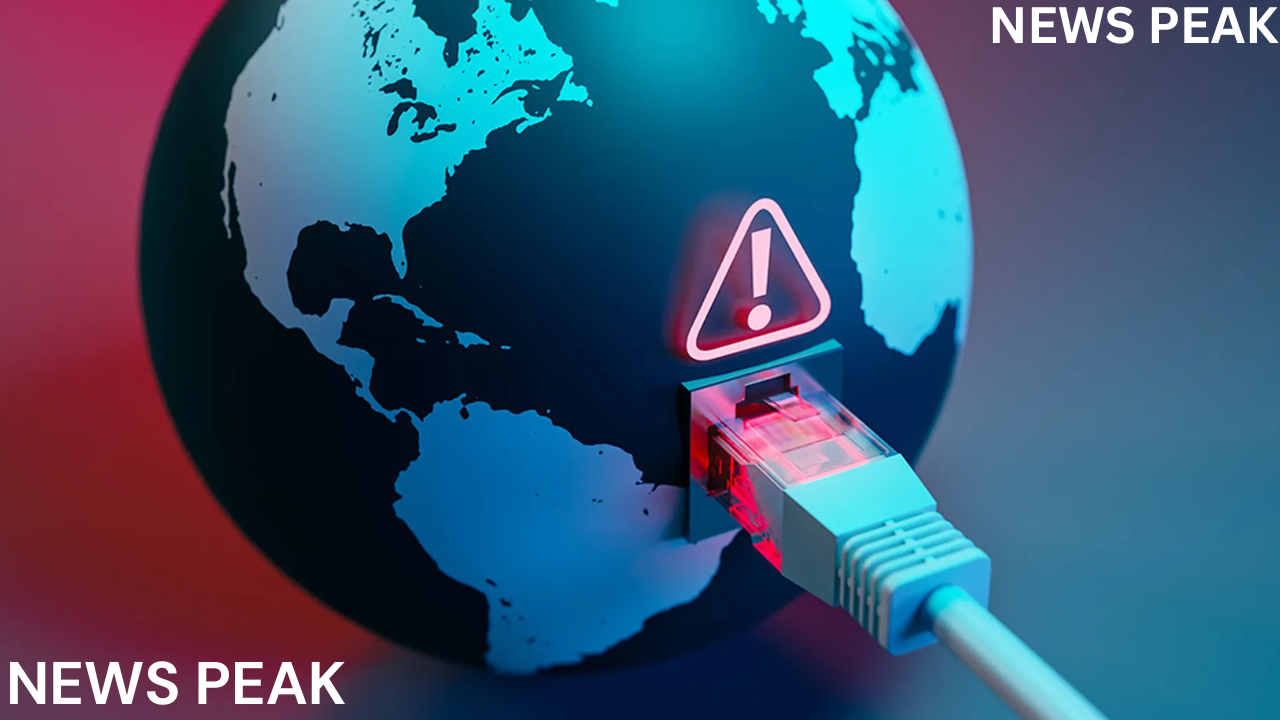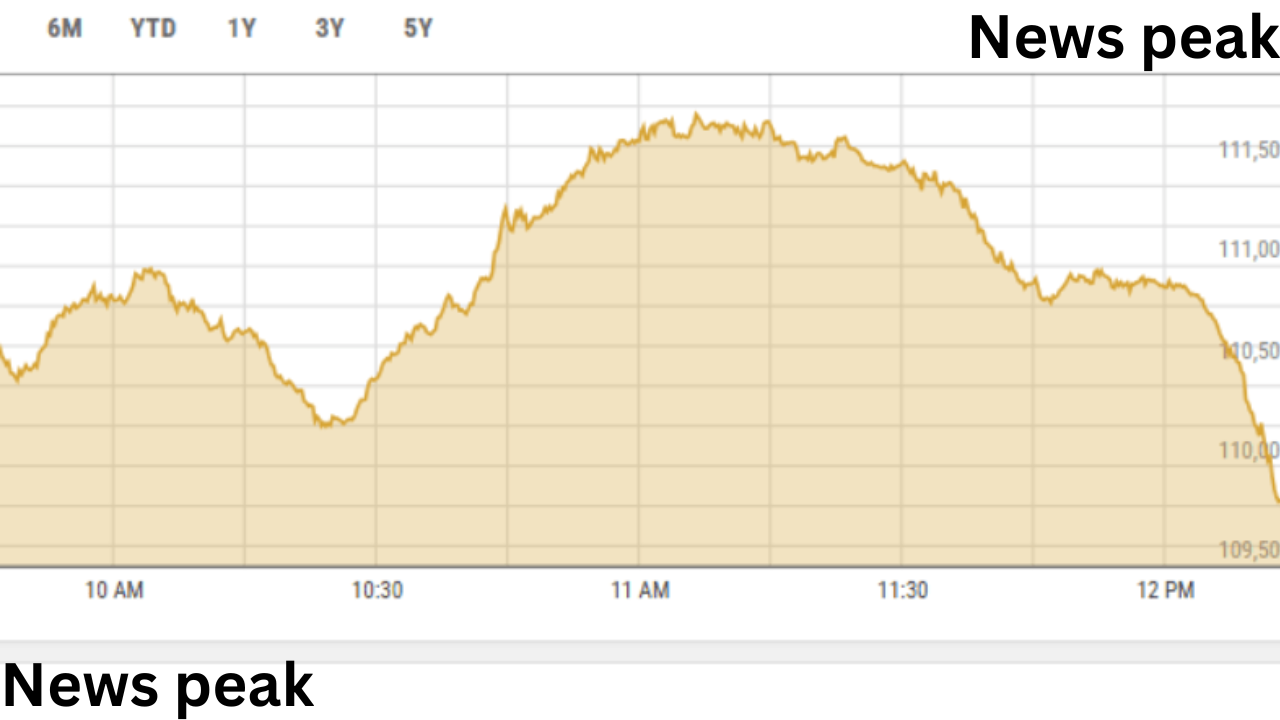
Despite security concerns for Chinese nationals in Pakistan, investment from China in the automobile sector has picked up recently. All eyes are now on the entry of new electric vehicles (NEVs), especially BYD and its electric vehicle (EV) collaboration with Mega Motor Company (MMC), an associated company of the Hub Power Company Limited (Hubco).
They are building a facility near Karachi with an annual capacity of 50,000 units and an investment of approximately $150 million.
Prior to BYD, Regal Automobiles Industries Limited recently presented Pakistan’s first locally produced electric sport utility vehicle (SUV), the Seres 3, which costs more than Rs8 million, at its Lahore plant.
Furthermore, on December 5, 2024, Dewan Farooque Motors Limited informed the Pakistan Stock Exchange that it has assembled more than 100 Horni EVs and handed them over to Eco Green Motors Limited for delivery to clients.
‘Selling 50,000 units a year in the first phase would save $250-300m on the conservative side of fossil fuel imports’
However, in a challenging and unstable political context, Chinese investors and their local partners in Pakistan appear to be more keen to shift the auto market landscape from fossil fuel to electrified vehicles, despite their apparent concerns.
According to media reports, at least two Chinese nationals were killed and a third injured when their convoy was attacked near Jinnah International Airport on October 6, while five Chinese engineers and their Pakistani driver were killed in March of this year in an attack near the China-backed Dasu hydrocarbon project.
On escalating security problems for Chinese investors and people, Managing Director of Seres Pakistan, Muhammad Adeel Usman, said Chinese have always been very supportive and helpful in recognizing the bigger issues affecting Pakistan and have
“Recently, Chinese investors have also become cautious and are now concerned about their security, and they have slowed down direct investments,” according to his claim. The comprehensive list of criteria for Chinese travelers in Pakistan includes a bulletproof automobile, a particular number of security staff, and prior police reporting. Such restrictions and requirements are impractical for both the Chinese and their local partners, he explained.
Chinese corporations are transferring their investments/businesses to other countries as a result of high import tariffs imposed by the United States and other countries, creating chances for Pakistan. Many Chinese EV businesses planning to set up shop in Pakistan are cautious due to the government’s unexpected policy adjustments and unmet commitments, he added.
For example:”Our EV market will benefit exponentially from new EV players, which would result in improved charging infrastructure and competitive pricing for Pakistani consumers,” added Mr. Shah.
Seres 3 is a recent release. The company intended to deliver to consumers who had pre-booked. “We have over 300 plus pre-bookings, and new orders will be taken soon after our launch in January 2025,” he informed us.
On December 5, 2024, Hubco announced in a stock filing that Hub Power Holding Limited, a wholly owned subsidiary of Hubco, has entered into a shareholders’ agreement with Mega Conglomerate (private) Limited MCPL, under which MCPL will subscribe to and become a 50% shareholder of MMC in order to strengthen the business venture with BYD.
“These impressions are unfounded. BYD is launching goods in Pakistan through a cooperation with MMC since the country represents a significant opportunity for the company as part of its international expansion strategy,” the official said.
Pakistan has over 4 million cars registered and driven on the highways. Even with 3,000-5,000 New Energy Vehicle (NEV) CBUs, this represents less than 0.1% of the current units in service. The real push will come when significant local NEV assembly operations in Pakistan become operational, he said.
The introduction of NEVs will directly lower Pakistan’s fuel import expense. Pakistan currently spends around $16 billion per year on imported petroleum, with the transportation industry accounting for an estimated $12 billion. According to the representative, “selling
After releasing pricey EVs for the country’s wealthy class, the spokesperson explained that BYD is initially entering Pakistan with a restricted number of goods (during the CBU phase), but that the business will ensure that it can capture additional market segments with a bigger product base later on.
He also stated that charging infrastructure is crucial for mass adoption of NEVs in Pakistan, particularly for low-cost models where customers may rely on commercial charging. Hubco Green intends to develop a strong universal charging infrastructure in Pakistan to encourage future adoption.








